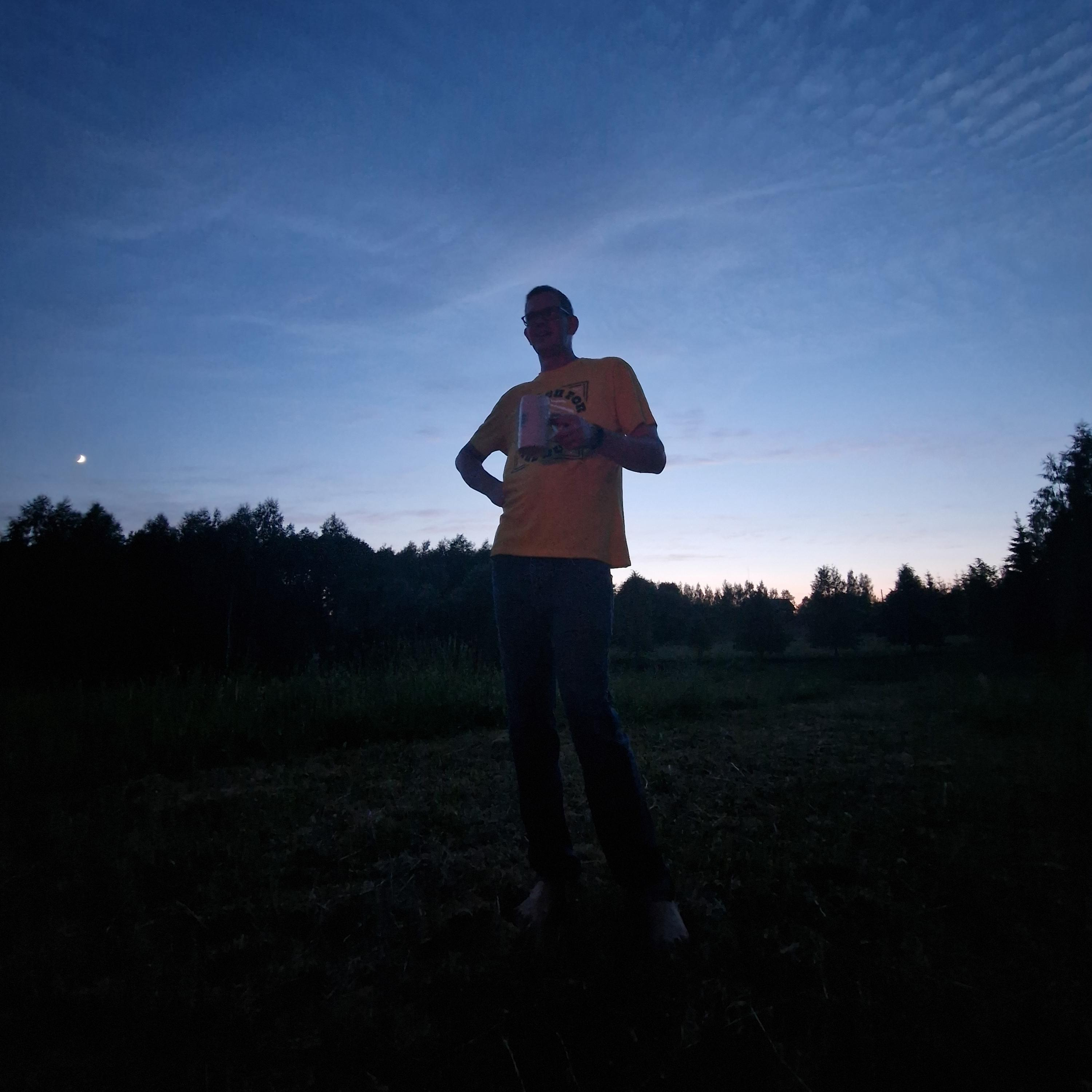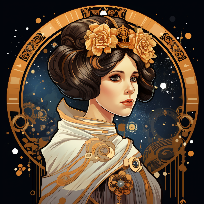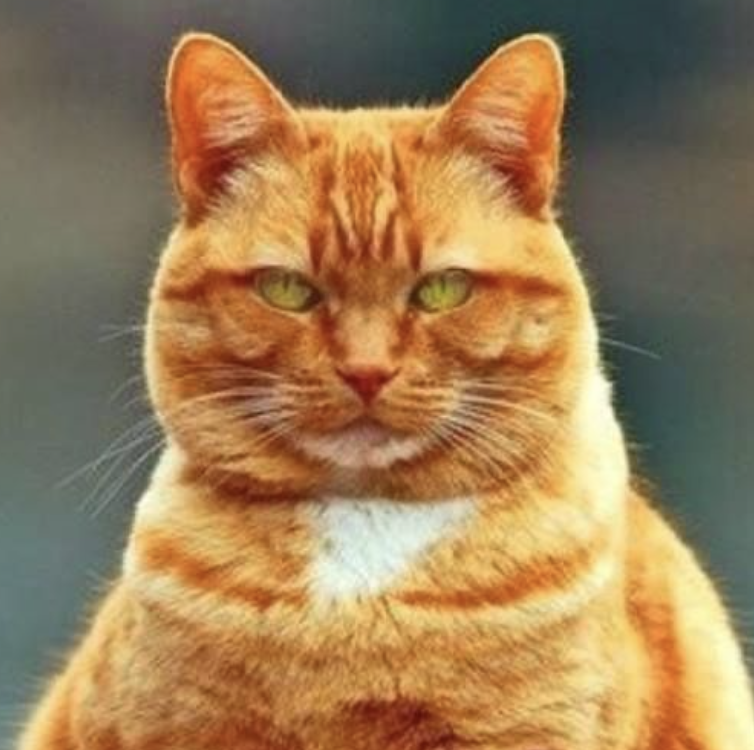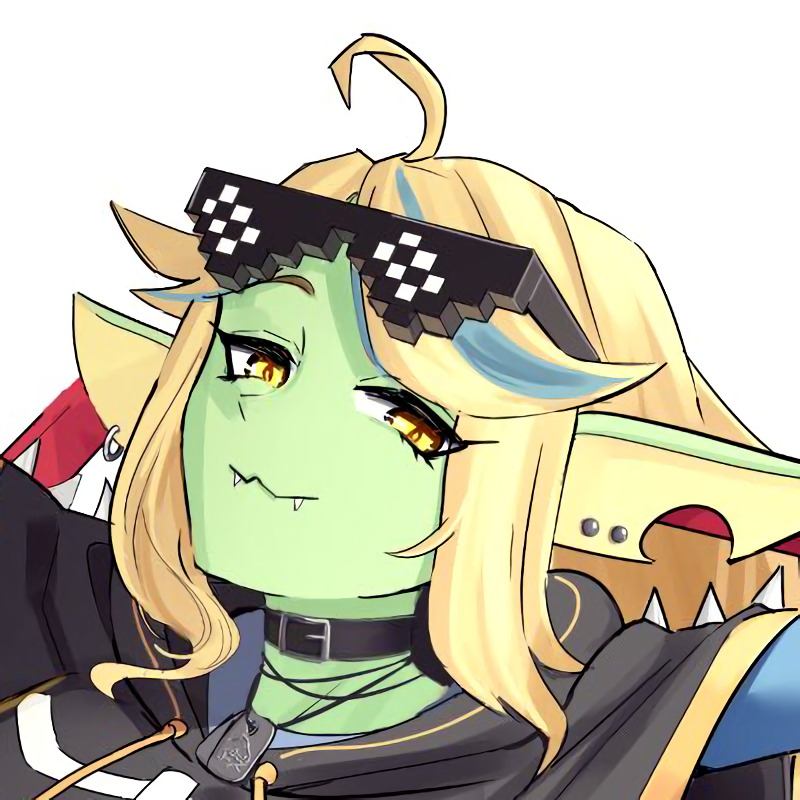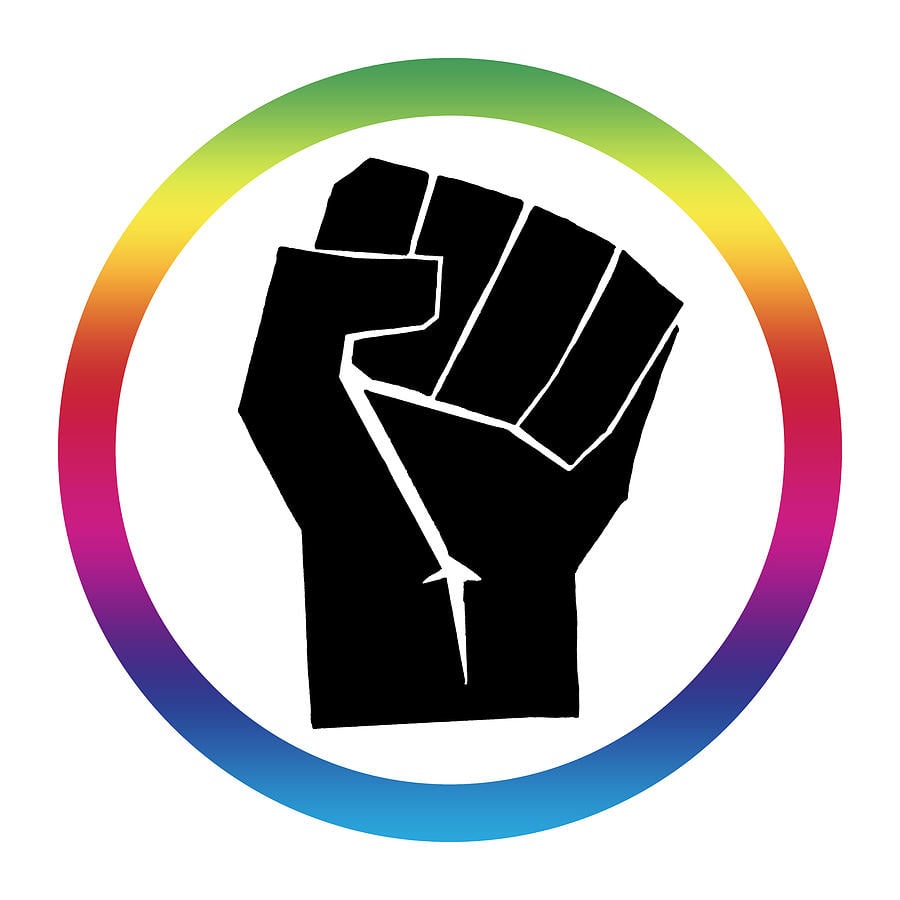More than 100 days into the writers strike, fears have kept mounting over the possibility of studios deploying generative artificial intelligence to completely pen scripts. But intellectual property law has long said that copyrights are only granted to works created by humans, and that doesn’t look like it’s changing anytime soon.
A federal judge on Friday upheld a finding from the U.S. Copyright Office that a piece of art created by AI is not open to protection. The ruling was delivered in an order turning down Stephen Thaler’s bid challenging the government’s position refusing to register works made by AI. Copyright law has “never stretched so far” to “protect works generated by new forms of technology operating absent any guiding human hand,” U.S. District Judge Beryl Howell found.
The opinion stressed, “Human authorship is a bedrock requirement.”
The push for protection of works created by AI has been spearheaded by Thaler, chief executive of neural network firm Imagination Engines. In 2018, he listed an AI system, the Creativity Machine, as the sole creator of an artwork called A Recent Entrance to Paradise, which was described as “autonomously created by a computer algorithm running on a machine.” The Copyright Office denied the application on the grounds that “the nexus between the human mind and creative expression” is a crucial element of protection.
Thaler, who listed himself as the owner of the copyright under the work-for-hire doctrine, sued in a lawsuit contesting the denial and the office’s human authorship requirement. He argued that AI should be acknowledged “as an author where it otherwise meets authorship criteria,” with any ownership vesting in the machine’s owner. His complaint argued that the office’s refusal was “arbitrary, capricious, an abuse of discretion and not in accordance with the law” in violation of the Administrative Procedure Act, which provides for judicial review of agency actions. The question presented in the suit was whether a work generated solely by a computer falls under the protection of copyright law.
“In the absence of any human involvement in the creation of the work, the clear and straightforward answer is the one given by the Register: No,” Howell wrote.
U.S. copyright law, she underscored, “protects only works of human creation” and is “designed to adapt with the times.” There’s been a consistent understanding that human creativity is “at the core of copyrightability, even as that human creativity is channeled through new tools or into new media,” the ruling stated.
While cameras generated a mechanical reproduction of a scene, she explained that it does so only after a human develops a “mental conception” of the photo, which is a product of decisions like where the subject stands, arrangements and lighting, among other choices.
“Human involvement in, and ultimate creative control over, the work at issue was key to the conclusion that the new type of work fell within the bounds of copyright,” Howell wrote.
Various courts have reached the same conclusion. In one of the leading cases on copyright authorship, Burrow-Giles Lithographic Company v. Sarony, the Supreme Court held that there was “no doubt” that protection can be extended to photographs as long as “they are representative of original intellectual conceptions of the author.” The justices exclusively referred to such authors as human, describing them as a class of “persons” and a copyright as the “right of a man to the production of his own genius or intellect.”
In another case, the a federal appeals court said that a photo captured by a monkey can’t be granted a copyright since animals don’t qualify for protection, though the suit was decided on other grounds. Howell cited the ruling in her decision. “Plaintiff can point to no case in which a court has recognized copyright in a work originating with a non-human,” the order, which granted summary judgment in favor of the copyright office, stated.
The judge also explored the purpose of copyright law, which she said is to encourage “human individuals to engage in” creation. Copyrights and patents, she said, were conceived as “forms of property that the government was established to protect, and it was understood that recognizing exclusive rights in that property would further the public good by incentivizing individuals to create and invent.” The ruling continued, “The act of human creation—and how to best encourage human individuals to engage in that creation, and thereby promote science and the useful arts—was thus central to American copyright from its very inception.” Copyright law wasn’t designed to reach non-human actors, Howell said.
The order was delivered as courts weigh the legality of AI companies training their systems on copyrighted works. The suits, filed by artists and artists in California federal court, allege copyright infringement and could result in the firms having to destroy their large language models.
In March, the copyright office affirmed that most works generated by AI aren’t copyrightable but clarified that AI-assisted materials qualify for protection in certain instances. An application for a work created with the help of AI can support a copyright claim if a human “selected or arranged” it in a “sufficiently creative way that the resulting work constitutes an original work of authorship,” it said.
That’s great! It means artists can continue to use AI art for projects they don’t intend to sell, and Hollywood, which already has too much power, still relies on others.
Hope: AI gets so good that people using a personal computer can produce full TV series with a single prompt, delare it uncopyrightable, and share the best results online as a alternative to corporate stuff.
Fear: IP law becomes so disconnected from the current situation that it prompts governments start over from scratch. New IP law is written by the corporations for the corporations, and any form of creativity is restricted and monetized.
It sorta already happens. No one owns the copywrite to vampires hence all the stuff that is only slightly above fanfics becoming big. You are welcome to hate on Twilight but you can’t deny it’s popularity.
As a person who creates both visual arts and music, though admittedly for my own enjoyment alone, I can’t bring myself to ever recognize any of the AI generated stuff as Art. None of it is any good if you look at it close. It’s wrong in every way. The machines were supposed to come for our jobs, but that was supposed to mean factory production and construction and shit.
It’s not about being technically good or not for me, it’s a question of expression. A human can express internal thoughts and feelings. An AI, at least the ones we currently have, can only do an awkward imitation. There’s no intention or awareness.
Unfortunately at worst the machine will only improve to the point where it is unnoticable.
Its a program designed exactly to be bullied into place by humans, were just only halfway through the bullying and still coorp’s are pushing it like its done.
Eventually it’ll have to be accepted as just another tool by artists.
That being said I support copyright less than I do “AI rights” so I’d say this is an overall win
Fuck Corporate America and all it’s Bootlicking sellout enablers.
If you think art is at all dependent on each individual recognizing it as good, then I think you’ve completely missed the point of a lot of art. Most art only appeals to some.
When I make art I make it for myself. I have no interest whatever if it anyone else feels one way about it. I talked with the robots. I didn’t like it. Felt dirty, cheap.
As someone who creates a variety of art in pretty much any medium I find AI art to be something deep and subconscious in us. It taps into something we can’t reach unless on mind altering drugs. I find it to be an amazing study of the human psyche. I have never been able to connect to most “art” especially any of the classical stuff, as well as most music. While people enjoy and even request certain pieces of art from me, all but sculpting leaves me disconnected from my work because what I visualize and what create aren’t thr same. AI art has that missing piece.
Most of what people generate with AI is shit because the people using it have no idea about art. When an actual artist picks up those tools you get quite different results.
The neat thing is that it doesn’t really matter what kind of artist you are. You don’t need to be a painter, a sculptor has just as trained eyes yet can prompt an oil painting. Heck I’d bet random musicians get significantly better results than the general population.
So, as someone who doesn’t do visual art, mainly writing and music as hobbies, my opinion is if there is intent, ie from the prompt or there editorial process of tweaking the model, then there is at last an attempt by a human to convey a message through the piece.
Whether or not it has good composition, or achieves something that resonates with a human viewer is valid criticism, but I think irrelevant as to whether or not it is art or a piece of creative expression. If someone has bad technique and can’t really get their idea across well in a painting, is it no longer art? Is a painting made during a paint and sip where you’re coached through the painting not art because there is no intent? These are more to gauge what you mean by art than as gotcha questions.
I would disagree that a prompt is sufficient to express human intent, specifically in writing. How many stories can you list that don’t follow the heroes journey vs the ones that do? The most important part of any writing is not the setting and overarching narrative, it’s the small choices the author made all along the way that make it truly human. AI can parrot those choices, but a human can’t get an AI to make truly new unique decisions with any amount of prompting.
On the subject of tweaking the model, that’s not really how AI models work. Users don’t edit the model and keep the prompt the same to try to get different outputs. The only interface exposed to users is the input.
Author can define those small choices as part of the prompt.
I’m talking about how the story is written. You literally can’t define all of those choices in a prompt, it’s a continuous series of many many choices all throughout the story
Many/most of those small choices have no artistic value - it doesn’t matter if you choose to use “because” or “since” for example.
Providing critical artistic choices while letting AI to make the rest of simple dumb choices (like the example above) is IMHO still creating art.
True! If u think, that something machine made could be Art should think about what art differentiate from kitsch.
This doesn’t mean artists or movie studios can’t make AI creations and sell them. It just means they can’t stop people from copying and distributing them.
If a well regarded artist uses generative AI to make art, then prints a single copy or a limited edition and signs them, they can sell them. Other people can copy it, but it won’t be the same. They won’t have the same value as the ones the artist produced, and they won’t be signed.
The hollywood model is based on ownership of IP. Can you imagine if “Stranger things” was AI generated by Netflix, had a hit first season, then Disney released a second season with new actors? Meanwhile, CBS premieres “Stranger things : Miami?”
It would be a mess and put their entire business model into a tailspin.
This ruling may be the biggest bouy the writers have gotten so far in their strike.
Seems to work fine with Sherlock Holmes
Holmes is very episodic by nature, which lends itself well to this structure. Even the ones that aim for an overaching story lean heavily into the “mystery of the week” for story structure.
It probally would work for things like the above, but can you honestly see long form shows working in the same way?
People could pay the studios that made the version of the show they wanted most. Instead of having no choice but to buy from whoever paid the most in the collectable copyright trading card game.
Maybe I want the “Tron 3” Dreamworks would make, instead of Disney.
Disney has spent a lot of time and money making sure that their characters can’t be used by anyone else, including extending copyright law each time the ‘steamboat willie’ version of Mickey Mouse would enter public domain.
I think they will care a lot that they can’t copyright ai-generated characters.
Nfts all over again
Can they copy the artist’s ai generated art including the signature and sell that?
Actually, it has nothing to do with human creators at all. It means that AI can’t hold a copyright. But the person who wrote the article would have to actually be able to comprehend court documents to understand that, so here we are.
From the opinion:
On the record designed by plaintiff from the outset of his application for copyright registration, this case presents only the question of whether a work generated autonomously by a computer system is eligible for copyright. In the absence of any human involvement in the creation of the work, the clear and straightforward answer is the one given by the Register: No.
Given that the work at issue did not give rise to a valid copyright upon its creation, plaintiff’s myriad theories for how ownership of such a copyright could have passed to him need not be further addressed. Common law doctrines of property transfer cannot be implicated where no property right exists to transfer in the first instance. The work-for-hire provisions of the Copyright Act, too, presuppose that an interest exists to be claimed. … Here, the image autonomously generated by plaintiff’s computer system was never eligible for copyright, so none of the doctrines invoked by plaintiff conjure up a copyright over which ownership may be claimed.
The irony is palpable.
Hollywood will just do what they always do. Pour billions more into lobbying the government until they pass something that will allow certain exemptions.
Sonny Bono 2.0
So, if I use AI, then tweak it in photoshop, is us human created and now able to be copyrighted?
Basically it’s how already works with cameras. Subjects and composition are enough to copyright images. Even without post-processing
Interesting that he filed the original copyright application as a work for hire situation. I guarantee he didn’t pay AI anything .
You didn’t create it so why the hell should you be able to copyright it?
Talk about an inaccurate headline. The conclusion here isn’t that AI art can’t be copyrighted, it’s that AI cannot be a copyright holder. But it’s AI, so we can’t actually expect anyone to pull their head out of their ass and give it enough thought to write an article that isn’t garbage.
Instead we have yet another thread about this case in which no one actually has any idea what the ruling was. Very informative.
From the opinion;
Both parties have now moved for summary judgment, which motions present the sole issue of whether a work generated entirely by an artificial system absent human involvement should be eligible for copyright. See Pl.’s Mot. Summ. J. (Pl.’s Mot.”), ECF No. 16; Defs.’ Cross-Mot. Summ. J. (“Defs.’ Mot.”), ECF No. 17. For the reasons explained below, defendants are correct that human authorship is an essential part of a valid copyright claim, and therefore plaintiff’s pending motion for summary judgment is denied and defendants’ pending cross-motion for summary judgment is granted.
AI being the copyright holder was never even in question. Some guy tried to register AI art in his company’s name, using the AI as the author of a work for hire. The Court found that he couldn’t get the copyright as a work for hire since no copyright existed in the first place.
What if a monkey made art, would that be copyrightable?
Good.
The Judge is right. AI is not a living citizen.
This limitation is too easy to get around. Have AI generate a picture. Take a photo of that picture and destroy the original. Copyright is now owned by the photographer. Have an AI write some music, change one note of that music and call in your arrangement of that piece, destroy the original music, and only your arrangement that you have a copyright on exists. etc.
As a photographer that knows copyright law, I assure you flat-art copying a work of art does not make it yours.
You own the copyright of your photo, AI flat art has no copyright, therefore the only copyright is yours.
When you copy a public domain work, you can copyright your original contributions.
So, for example, if you create a picture book of hamlet, you’d own the layout of the text on the page, but not the text of hamlet itself.
deleted by creator
Well, of course not, because since some diffusion generation are deterministic, that would mean that a specific set of parameters is now copyrighted, so nobody else gets to type in that particular set of numbers into the UI without paying the copyright holder, which of course makes no sense.
Same reason you can’t copyright, say, cooking recipe for a burger.
Food and flavors aren’t copyrightable or patentable because of an explicit exclusion of them. It has nothing to do with “determinism”.
The question seems to boil down to, should a person that triggers automation that generates output be considered the author of that output and deserve compensation for it?
Does a person who presses “Enter” on a computer deserve “compensation” for that?
Prompt engineering is becoming a desired skill🫠
Ya, I have my doubts about that but I guess we’ll find out.
Yes, it’s a bit more than just hitting the ‘enter’ key.
But not as complicated as actually doing the work yourself. That’s the point. If you don’t create the work, it can’t be copyrighted.
Honestly I think this is a good compromise, and these companies are missing the point. Just use this technology to make more movies and TV shows. Stop milking the exact same movie for years.
Something from decades ago, where the actors and directors are all dead, shouldn’t be copyrighted. I think that’s too long anyway. It lets a few actors get a ton of money and stifles others. People want new shit anyway.
Why not just hire actors full time and make a new AI script every week? That’s essentially what TikTok is, some new dumb idea done over and over by different people.
AI has been great for dumb TikTok memes, but that’s where it should stay.
Regarding prompts and just hitting enter, I actually did quite a bit of work in a previous job that was pretty much just that. I’d set up the inputs, finagle the simulation, and come up with results. There’s some value in hitting enter, but it’s not in the actual execution. It’s in developing the input and interpreting the results. The raw product itself isn’t valuable – someone who knew nothing about the program could be instructed on what to enter and what buttons to press, and they’d create the exact same product.
I think what we’ll see is copyright for prompts and development, but not for the output it generates. Someone could make a living on selling AI prompts without ever executing any of them.
I’m curious how this ruling is going to affect the discussion of AI being trained on copyright material.
But it is more than simply pressing enter. It’s rare that a single prompt is going to produce the exact image you’re looking for, so there’s lots of editing, seeing the outcome, repeat. If the outcome is close enough, then further in painting can be used. By that point, there’s been quite a bit of human interaction in the creation.
If someone dumps paint on a surface and let’s gravity do the work it’s the same thing. If someone ties paint buckets to dogs and let’s them run it’s the same thing. When all you do is initiate the process and let another force make the creation it shouldn’t be. If your can’t replicate it yourself then it isn’t your work.
Most art is created with tools. You can’t replicate yourself a photo you took (yourself meaning without the camera).
By that logic photography is not your work either
Depends. If you just let the camera swing and let it randomly shoot then it isn’t. If youre framing it and composing it that’s your work. But no just putting a camera on a cat and letting it randomly take pics isn’t your work.
but what if that was the intent behind the artwork? if I want a series of random photos and say it’s an art piece from the pov of Spider-Man swinging around but the setup is just hanging a camera and letting it take pictures on its own as it swings, is that still copyrightable art? If so, is art all about the intent behind the process and the process itself doesn’t matter?
The above commenter is factually correct. Quit downvoting him, you bandwagon-following dipshits!
